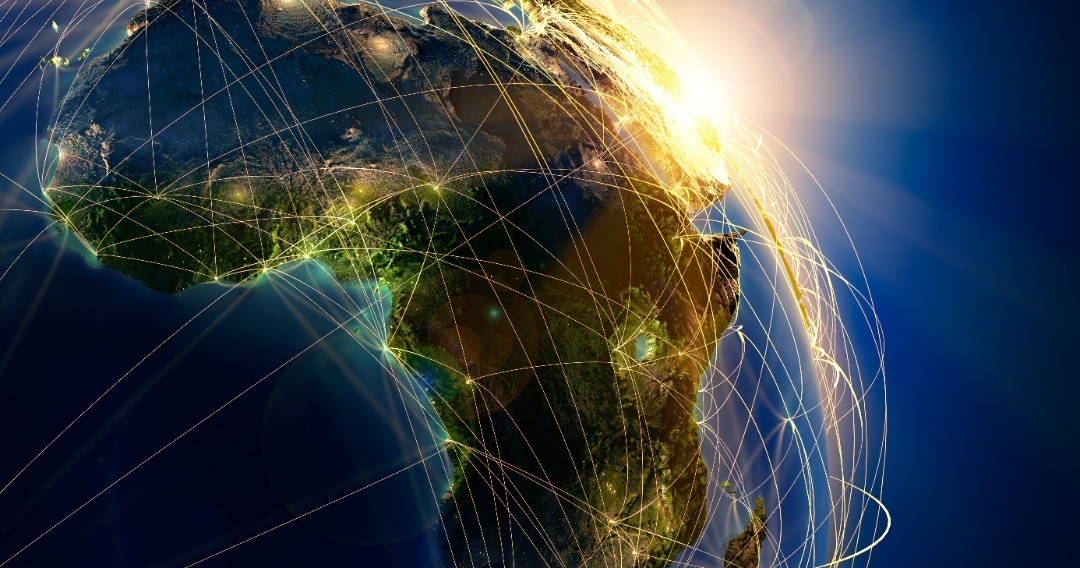
Africa, the second-largest continent, is home to vast natural resources, including significant renewable energy potential. Despite this, energy access remains a major challenge across many African countries. Over 600 million people in sub-Saharan Africa lack access to electricity, hindering economic development, healthcare, education, and overall quality of life.
Current State of Energy Access
- Low Electrification Rates: Sub-Saharan Africa has the lowest electrification rates globally. Countries like Chad, South Sudan, and Malawi have less than 10% of their populations connected to the grid.
- Reliance on Biomass: Traditional biomass (wood, charcoal) is the primary energy source for cooking for about 70% of sub-Saharan Africa’s population, leading to health issues due to indoor air pollution.
- Limited Modern Energy Services: Access to clean, modern energy services like electricity for lighting, cooking, and powering devices is limited, affecting productivity and development.
Challenges to Energy Access
- Infrastructure Deficits: Aging or lacking electricity infrastructure limits access and reliability.
- Financial Constraints: High upfront costs for energy projects and limited financing options hinder development.
- Policy and Regulatory Issues: Inconsistent policies and weak regulatory frameworks can deter investment.
- Geographical Barriers: Dispersed populations in rural areas make grid extension costly.
Opportunities for Improvement
- Renewable Energy Potential: Africa has abundant solar, wind, hydro, and geothermal resources. Decentralized renewable energy solutions like solar mini-grids can expand access.
- Decentralized Solutions: Off-grid and mini-grid systems can provide energy to remote communities cost-effectively.
- Innovative Financing: International partnerships, green bonds, and impact investing can mobilize funds for energy projects.
- Technology Advances: Improvements in solar PV, battery storage, and smart grids enhance viability of decentralized energy systems.
Examples of Successful Initiatives
- Solar Mini-Grids in Tanzania: Programs like Tanzania’s solar mini-grid projects are expanding rural access.
- Rural Electrification in Kenya: Kenya’s efforts in geothermal and solar power are increasing access.
- African Development Bank Initiatives: The AfDB supports energy projects to boost access across Africa.
Impact of Improved Energy Access
- Economic Growth: Energy access boosts productivity, enables businesses, and fosters economic growth.
- Health and Education: Clean energy improves healthcare (e.g., vaccine refrigeration) and enables better learning environments.
- Gender Equality: Reduced time collecting biomass can empower women and girls.
Future Outlook
- Scaling Up Investments: Increased investment in decentralized renewables can accelerate access.
- Policy Support: Stronger policies and regional cooperation can drive progress.
- Technology Integration: Leveraging digital tools for energy management can enhance efficiency.
Summary
Energy access in Africa is critical for development. Leveraging renewables, decentralized solutions, and innovative financing can overcome current challenges and unlock Africa’s potential.
